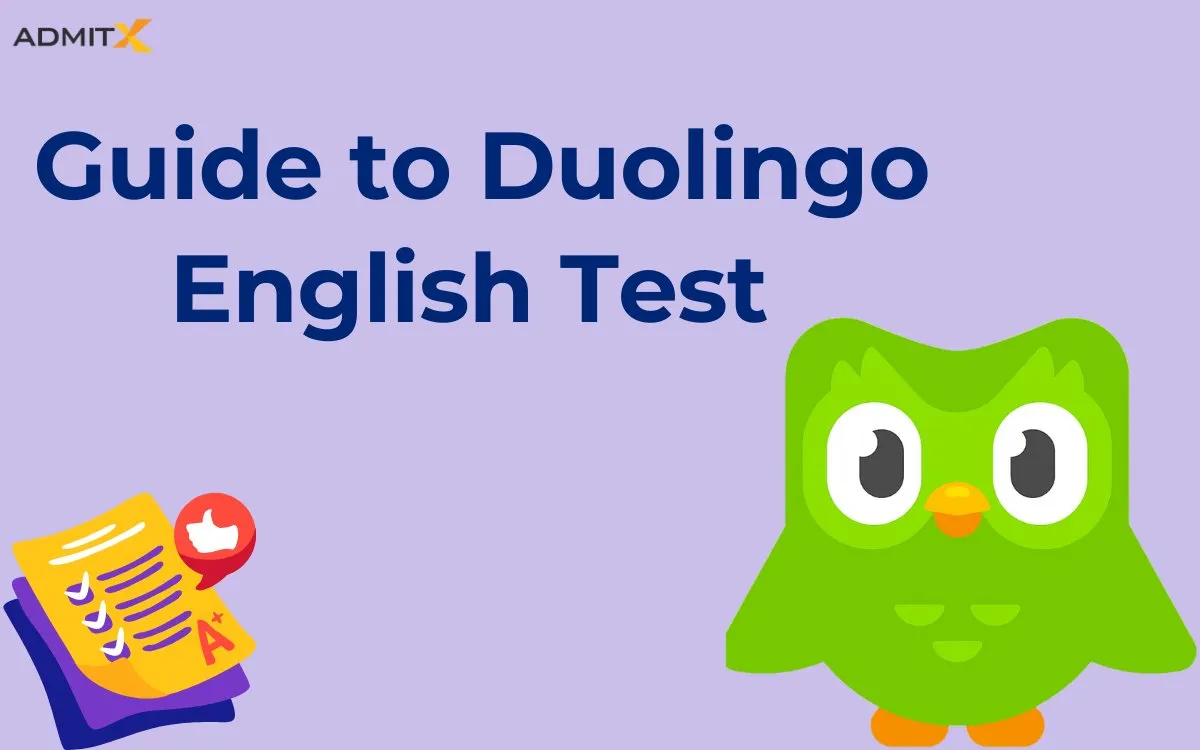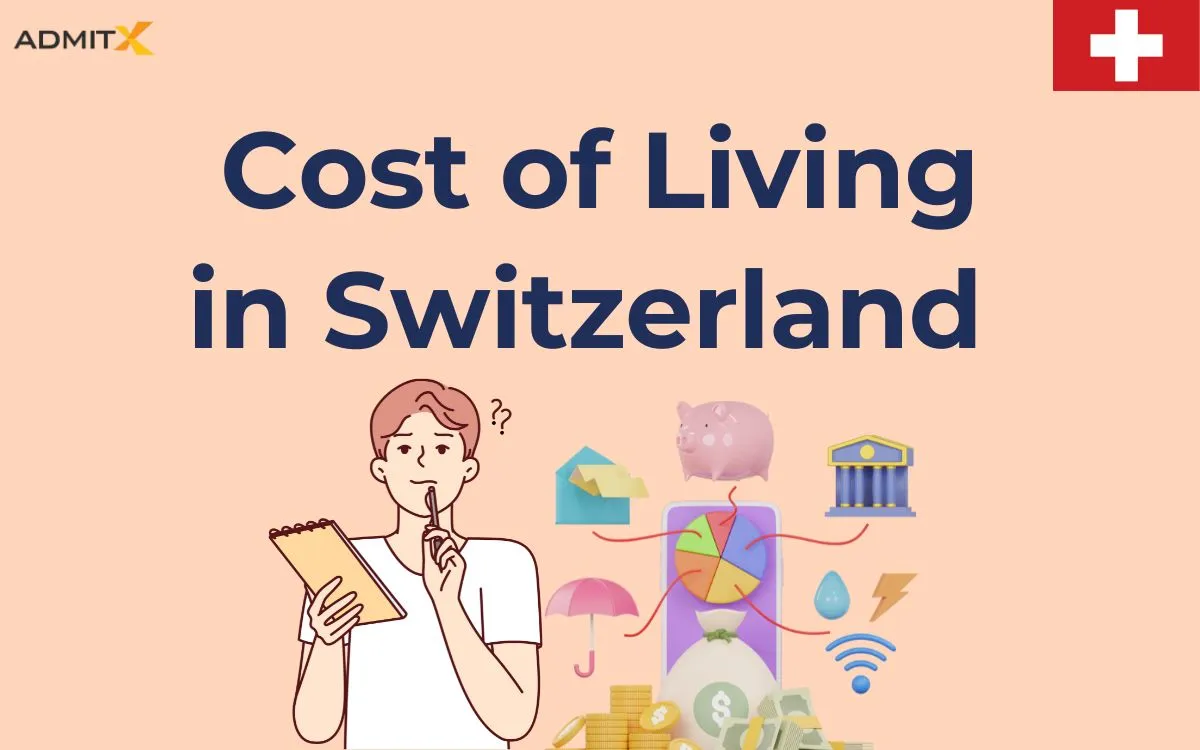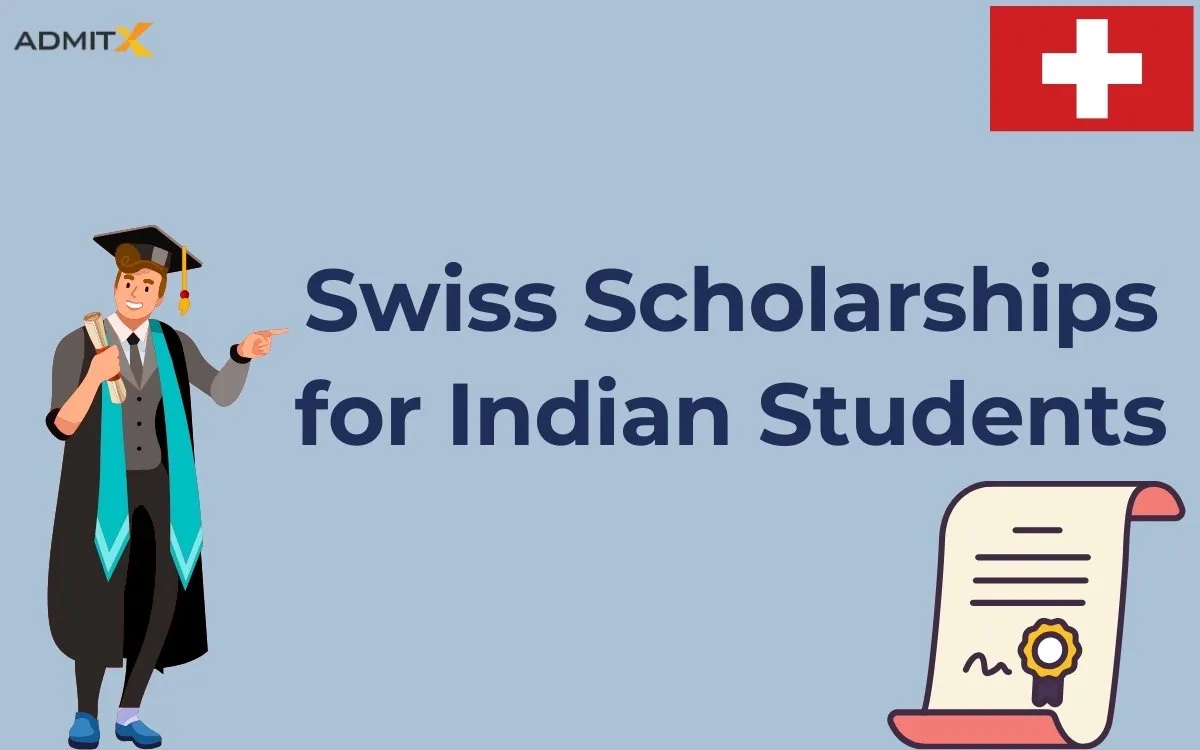Economics is the most popular subject and career field in Canada. QS World University Ranking 2024 has listed ten Canadian institutions in the top 200 lists where pursuing a degree course in Economics is rewarding for international students.
Table of Contents
- What is the Study of Economics?
- Why do we Study Economics
- Why Study Economics in Canada?
- Top Universities for Master’s in Economics
- Top Economics Courses in Canada
- Eligibility Criteria For Master’s in Economics
- Documents Checklist
- Career after Master’s in Economics in Canada
- Post-Study Work Permit in Canada
- Conclusion
- FAQs
What is the Study of Economics?
Economics is the branch of social science concerned with studying finance creation, consumption and distribution. Economics helps individuals (microeconomics) and groups (macroeconomics) to manage their resources in a better way.
Why do we Study Economics?
- Studying Economics is beneficial because it strengthens the problem-solving, decision-making and analytical skills of individuals.
- Government agencies and private farms use various models and graphs to understand the behaviour of the community which plays an important role in framing the financial policies of the country.
- Economist develops intellectual tools which are helpful to address the problems in society like budgeting, poverty, scarcity, unemployment etc.
- Globally there are abundant career options in Economic science as the world continues to see a surge in the demand of experts and policymakers for business establishments and public institutes to make effective strategies.
Why Study Economics in Canada?
The education system of Canada is highly developed which attracts millions of students from around the globe every year. The rich cultural heritage and vibrant atmosphere blend with a peaceful environment and academic excellence making Canada a perfect study destination for students.
QS World University Ranking 2024 has listed ten Canadian institutions in the top 200 lists where pursuing a degree course in Economics is rewarding for international students.
Academic Structure: There are mainly three types of academic programs administered for Economic Sciences in Canadian universities, Bachelor’s, Master’s and Doctoral programs.
Bachelor’s degree programs are more focused on foundation knowledge in the field of finances, accounting and monetary resources. Their duration is 3-4 years.
In the Master’s degree program, students can opt for certain specialisation in one of the subjects of Economics. Its duration might vary from 1-2 years depending on the university and specialisation.
Doctoral program offer students to conduct extensive research in this field and its duration is 3-5 years.
In this blog, you will get to know about the Master’s in Economics program including top Canadian universities offering it, specialisations, career scope and much more.
Top Canadian Universities for Master’s in Economics 2024
| Top Universities | QS World University Ranking 2024 | Average Tution Fees | Course Offered |
|---|---|---|---|
| McGill University | 31 | CAD 24,380 | Macro-Economics |
| University of Toronto | 34 | CAD 25,610 | Econometrics |
| University of British Columbia | 47 | CAD 22,000 | Macro-Economics |
| University of Alberta | 110 | CAD 27,021 | Agricultural Economics, Financial Theory |
| University of Montreal | 116 | CAD 23,120 | Financial Economics |
| University of McMaster | 152 | CAD 17,000 | Economics |
| University of Waterloo | 154 | CAD 11,300 | Econometrics |
| University of Ottawa | 237 | CAD 25,561 | Development Economics |
| University of Calgary | 242 | CAD 20,130 | Econometrics, International Economics |
| Queen's University | 246 | CAD 23,857 | Macro-Economics |
Also read- Scholarship in Canada for Indian Students
Top Courses in Master’s in Economics 2024
- Microeconomics
- Public Economics
- Financial Economics
- Environmental Economics
- Quantitative Methods
- Risk Management
- Development Economics
- Agricultural Economics
- Macroeconomics
- Financial Theory
- International Economics
- Econometrics
Eligibility Criteria for Master’s in Economics in Canada
The eligibility criteria for getting admission to a Master’s degree course in Economics depends upon the universities. However, some criteria must be fulfilled as they are mandatory to gain admission to Canadian universities.
Unlike India, colleges and universities are separate entities where colleges offer admission to PG Diploma courses and universities impart admission to Master’s degree programs.
Specifications for holders of Undergraduate degree:
Canadian universities require a full-time bachelor’s degree or bachelor’s honours degree (mainly BA or BSc) whose duration must be 4 years.
However, the duration of most of the Indian bachelor’s courses in India is three years (BA, B.Sc, BBA, BCom etc.) except for some programs like B.Tech.
In such cases, students can go for a WES evaluation to make the standards of their Indian credentials equal to that of some of the Canadian universities which require a compulsory four-year undergraduate program as eligibility criteria.
In other cases, they may go for diploma courses that Canadian colleges offer to bridge the gap.
Also read- MBA in Canada 2024
Documents Checklist
- Academic transcripts
- GPA Score: A minimum GPA score of 3.0 out of 4.0 or 70-80% is required.
- English language proficiency scorecard: TOEFL (97-100), IELTS (6.0-7.0), PTE (65-70) is required
- Letter of Recommendation: A minimum of two LORs is essential for a university application since it gives admissions committees important information about the potential, skills, and character of an applicant.
- LOR is usually provided by instructors, mentors, or supervisors who have a close working relationship with the candidate in a previous college or workplace.
- Statement of Purpose: SOP includes the purpose and motivations which drive you to choose Canada as your career destination. It can be two/three pages long.
- CV/Resume
- Proof of Expenses
- Health Insurance
- Work Experience certificate (if applicable)
- Passport
Top Careers after Master’s in Economics in Canada
Below is the list of some of the top recruiters in Canada in the field of Economics and Finances:
| Top Recruiters | Average Salary per Year (Entry level) |
|---|---|
| Manulife Financial Corporation | CAD 80,000 |
| Innovative Medicines Canada Health Research Foundation | CAD 77,000 |
| Statistics Canada | CAD 102,000 |
| Royal Bank of Canada | CAD 100,000 |
| C.D. Howe Institute | CAD 90,000 |
Some of the popular jobs after completing the Master’s in Economics are:
| Job Title | Average Salary (per year) |
|---|---|
| Anlayst | CAD 65,000 |
| Advisor | CAD 77,000 |
| Statistician | CAD 70,000 |
| Economist | CAD 85,000 |
| Business Analyst | CAD 90,000 |
Also read- Living Expenses in Canada 2024
Post-Study Work Permit in Canada
Part-time work- Indian students who have a study permit can work off-campus and do not require a work permit. A student needs to apply for a student permit, demonstrating his/her funding needs. He/She can work up to 20 hours per week.
Full-time work- After completing a post-graduation course, an Indian student must apply for Post Graduation Work Permit or PGWP.
Eligibility:
- Starting from January 1st 2024, an Indian student must have completed at least 50% course in Canada.
- They have 180 days starting from the conclusion of their study program in Canada to apply for a work permit.
Duration: After post-graduation in Canada, Indian students can apply for a post-graduation work permit (PGWP).
Application Process: Indian students who have completed their post-graduation course in Psychology in Canada can apply for a work permit.
Conclusion
Canada is one of the leading countries in the world which emphasises creating business leaders and experts that should be capable of solving the real problems of the society like poverty, scarcity, unemployment etc.
The world-class academic curriculum and presence of expert faculty in Canadian institutes have made this possible. Not only the government but also various private firms which are responsible for producing intellectual tools for managing the finances and resources of the country completely rely on universities so that they can have association with the top-class workforce of economists.
To sum up, International students have abundant opportunities to pursue rewarding careers in the field of Economics.
FAQs
Is Canadian degree in Economics acceptable in India?
What I can do with Master's degree in Economics?
I have completed my under-graduation in Science. Am I eligible for pursuing Master's in Economics program in Canada?
If you are an aspirant looking to study at your dream university, book an appointment with AdmitX today and start your applications early to avail yourself of all the benefits.




